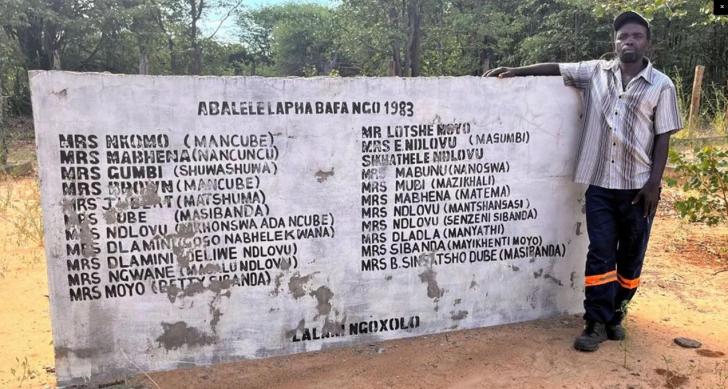News / National
Zimbabwe faces renewed scrutiny over Gukurahundi reconciliation drive
7 hrs ago | Views

Zimbabwe's attempt to reckon with one of its darkest chapters, the Gukurahundi massacres of the 1980s, is drawing fierce criticism, with questions raised about the legitimacy of the process under President Emmerson Mnangagwa's leadership.
The government says it is moving forward with a judicial and reconciliation programme aimed at addressing long-standing grievances stemming from the mass killings in Matabeleland and the Midlands, which left an estimated 20 000 people dead. But for many survivors and human rights advocates, the effort feels hollow, not least because of who is leading it.
At the time of the atrocities, Mnangagwa was the Minister of State for National Security, serving under then-President Robert Mugabe. His involvement in the security structures responsible for the crackdown has cast a long shadow over the current initiative.
Geopolitical analyst Aaron Ng'ambi believes the process is more about optics than accountability.
"Mnangagwa seems determined to close this chapter, but many view it as an attempt to whitewash the past," Ng'ambi said in an interview. "It's difficult to talk about reconciliation when those accused of complicity are in charge of the process."
The Gukurahundi killings, carried out by the North Korean-trained Fifth Brigade, targeted members of the Ndebele ethnic group in the aftermath of Zimbabwe's independence. The violence has never been properly investigated, and the state has long resisted calls for justice and recognition.
Now, with the renewed focus on the issue, some observers say the timing may be politically motivated, part of a broader effort by Mnangagwa to shape his legacy and consolidate power in the run-up to future elections.
"Any reconciliation process that fails to include survivors, civil society and independent investigators will never be seen as credible," Ng'ambi warned. "This moment demands openness, not control."
The government says it is moving forward with a judicial and reconciliation programme aimed at addressing long-standing grievances stemming from the mass killings in Matabeleland and the Midlands, which left an estimated 20 000 people dead. But for many survivors and human rights advocates, the effort feels hollow, not least because of who is leading it.
At the time of the atrocities, Mnangagwa was the Minister of State for National Security, serving under then-President Robert Mugabe. His involvement in the security structures responsible for the crackdown has cast a long shadow over the current initiative.
Geopolitical analyst Aaron Ng'ambi believes the process is more about optics than accountability.
"Mnangagwa seems determined to close this chapter, but many view it as an attempt to whitewash the past," Ng'ambi said in an interview. "It's difficult to talk about reconciliation when those accused of complicity are in charge of the process."
The Gukurahundi killings, carried out by the North Korean-trained Fifth Brigade, targeted members of the Ndebele ethnic group in the aftermath of Zimbabwe's independence. The violence has never been properly investigated, and the state has long resisted calls for justice and recognition.
Now, with the renewed focus on the issue, some observers say the timing may be politically motivated, part of a broader effort by Mnangagwa to shape his legacy and consolidate power in the run-up to future elections.
"Any reconciliation process that fails to include survivors, civil society and independent investigators will never be seen as credible," Ng'ambi warned. "This moment demands openness, not control."
Source - Channel Africa































